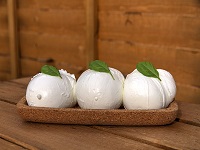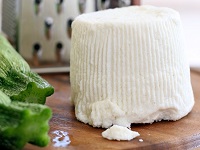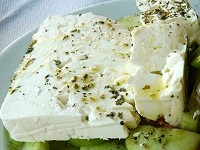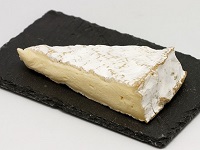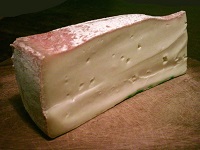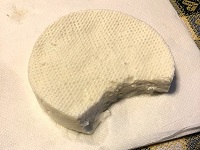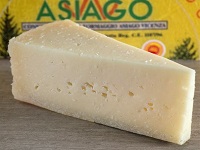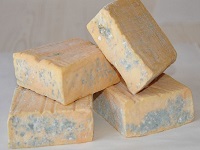Rebula (Slovenia)
Rebula is a white wine grape from Slovenia.
It is also popular in Friuli (Italy), where it is called Ribolla.
Rebula Flavors
Citrus, Apple, and Stone Fruit are typical Ribolla Gialla flavors.
With hints of Flowers, Herbs, and Bitter or Saline Minerality.
Citrus |
Apple |
Peach |
Nectarine |
Roses |
Thyme |
Almonds |
Minerals |
Rebula Profile
Ribolla Gialla is fruity, acidic and floral:
| SUGAR: | Dry (3 g/l) |
| BODY: | Medium |
| FRUIT: | Medium - High |
| ACIDITY: | High |
| ALCOHOL: | 13-14% ABV |
| Serving temperature: 8-10°C (46-50°F) | |
Rebula Food Pairing
Rebula is a great food wine. Acidity and saline bitterness are perfect palate cleansers. It works best with seafood and lemon based white meat.
Aperitif |
Salads |
Vinegar |
Tapas |
Oysters |
Shrimps |
Seafood |
Sushi |
Fish |
Chips |
Chicken |
Ham |
Excellent Pairings
Bright Vinaigrettes.
Green Salads. Olives. Tapas.
Oysters in Garlic (and Lime).
Mussels. Clams (in Chili).
Sushi. Sashimi. Smoked Salmon.
Grilled Seafood. Crab. Lobster.
Fried Fish. Fish and Chips. Fish Tacos.
Lemon Chicken. Lemon Veal.
Goat Cheese. Smoked Cheese.
Italian Specialities
Spaghetti alle Vongole (Clams)
Prosciutto di Cormons (Light Smoked Ham)
Lemon Caper Veal Piccata
The Ideal Glass for Rebula
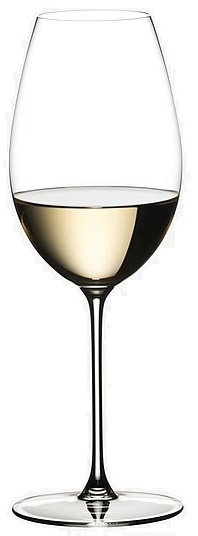
|
The Sauvignon Blanc glass is smaller than a Chardonnay glass.
It has a more narrow bowl to concentrate the crisp and citrusy aromas of a zesty and fruity white wine. |
Rebula Cheese Pairing
Opt for cheeses with moderate saltiness and creaminess to balance the wine's acidity. You can also add accompaniments like fresh fruits (grapes, apples, pears), nuts (almonds, walnuts), or a light drizzle of honey to enhance the pairing.
Fresh and Mild Cheeses
Mozzarella: Its delicate flavor pairs well with the wine's lightness.
Ricotta: Especially good if served with a drizzle of honey or fresh fruits.
Goat Cheese (Feta): The tanginess complements the subtle fruit notes in Rebula.
Soft Cheeses
Fontina: Its nutty, buttery qualities make a good match.
Brie: The creamy texture and mild flavor work beautifully with Rebula.
Primo Sale: Similar to Brie but more flowerly, herby, and salty.
Semi-Soft Cheeses
Asiago: Lightly aged Asiago adds a complementary tang to the wine.
Gruyère: Mildly nutty and sweet, enhancing the wine's subtlety.
Blue Cheeses (for contrast)
Robiola: Its mild creaminess contrasts nicely without overpowering the wine.
